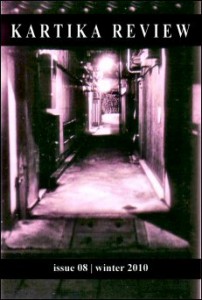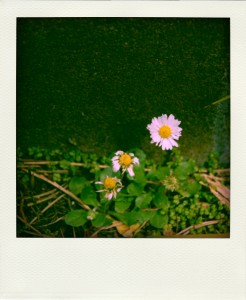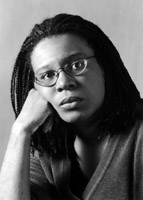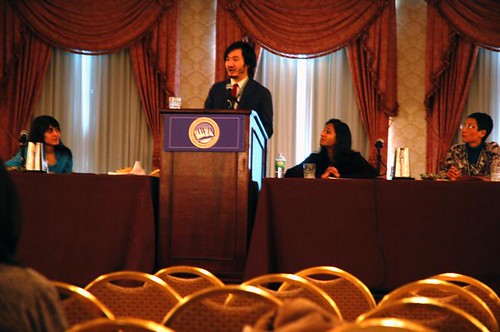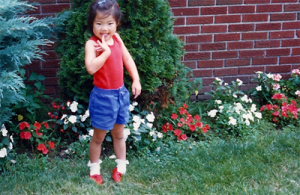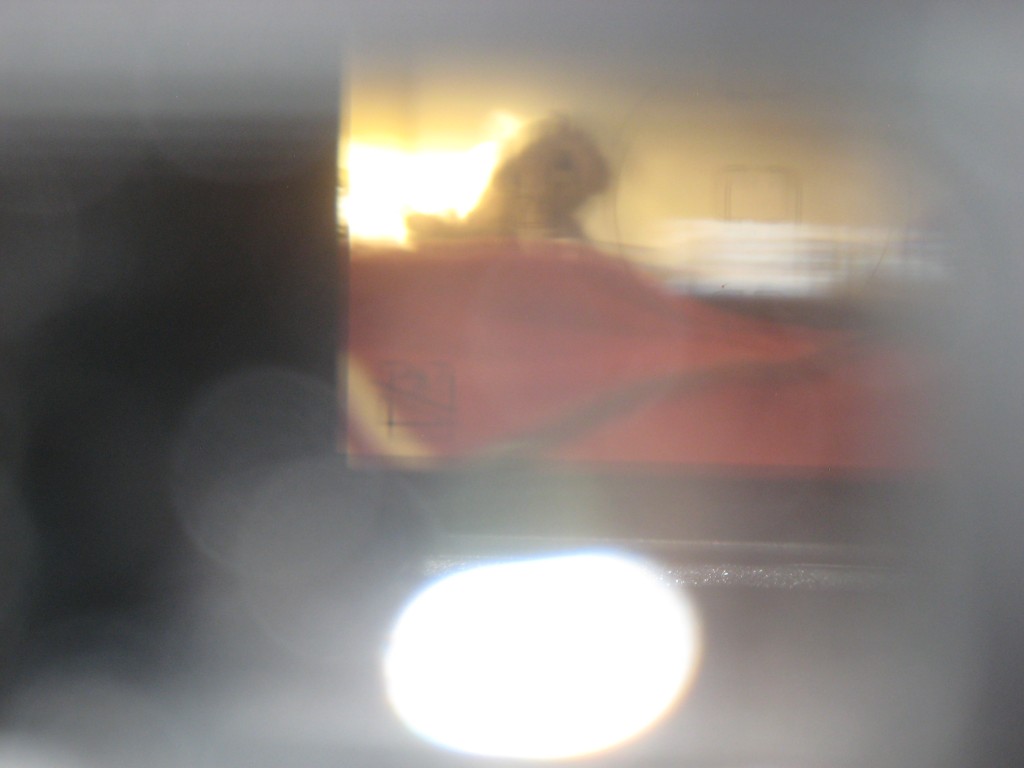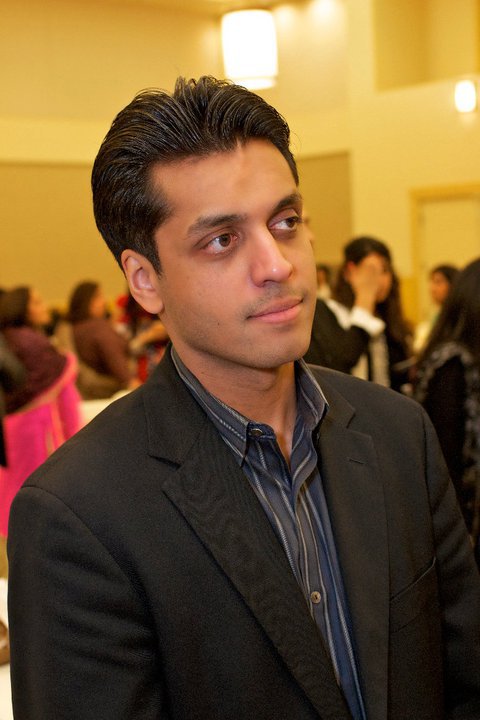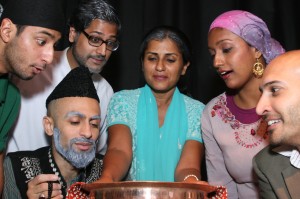Our friends at the Asian American Literary Review have recently let us know about their Kickstarter fundraising campaign in support of their 2011 8+1 Symposium. 8+1, which is the sequel to last year’s 8: A Symposium, will take place at the LA Lit Festival on May 7th, and will once again feature another exciting panel of respected Asian American writers. This year’s lineup features:
Joy Kogawa
R. Zamora Linmark
Rishi Reddi
Kip Fulbeck
Reese Okyong Kwon
Hiromi Itō and translator Jeffrey Angles
Ray Hsu
Viet Nguyen
Brian Ascalon Roley
AALR is trying to raise $4000 by April 19th in order to help cover the cost of offering this unique literary experience. As with all Kickstarter projects, the organizers need to be able to raise the full amount in pledges in order to be funded, so we encourage you to consider contributing to 8+1 sooner rather than later. (Not to mention that, if the satisfaction of being a literary patron is not enough, there are some great thank-you rewards being offered to backers at various levels of sponsorship, ranging from event posters to autographed book copies, to AALR subscriptions, professional SAT tutoring, original artwork, documentary film copies, personal editorial consultations—even the chance to attend a private dinner with the Symposium participants).
As we know from putting together even our little off-site AWP reading this winter, literary events (especially those of this scale) are not easily organized, let alone funded. AALR has been doing excellent curative work in its first year or so of existence, and we would love to see them have the opportunity to continue that work through events like 8+1. If you have even a dollar or two to spare, please do consider donating to this very worthwhile cause.
